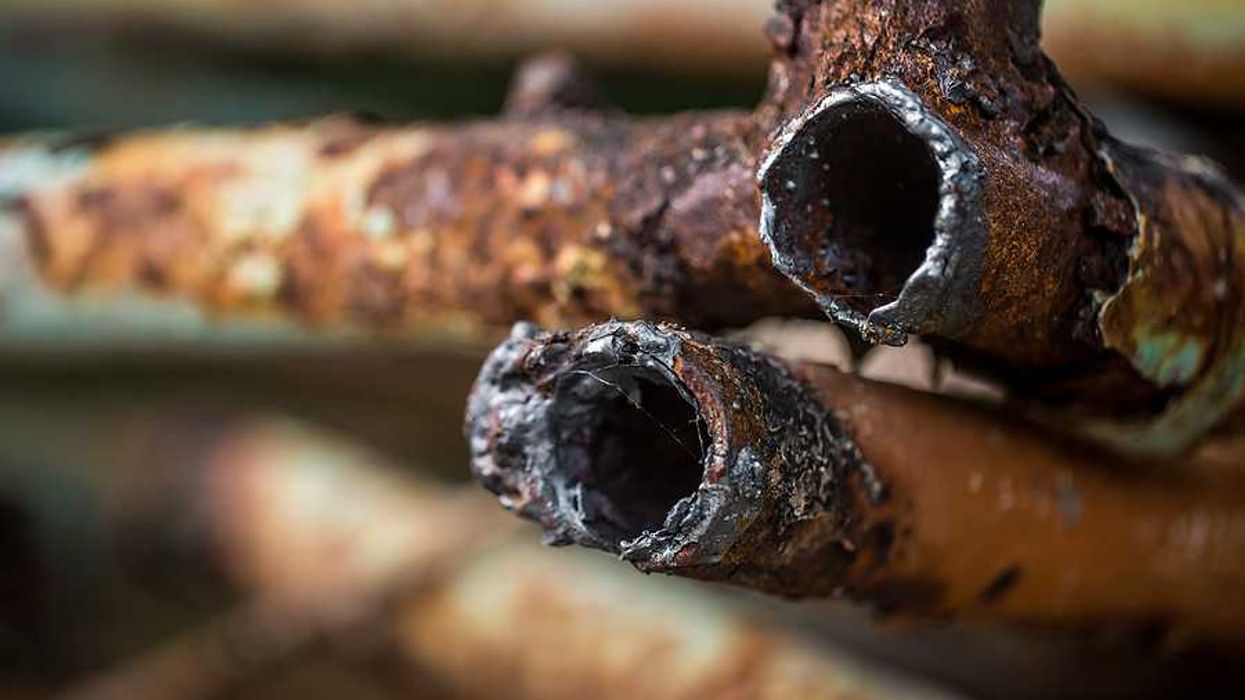A team of toxicologists at the University of New Mexico has found alarming levels of microplastics in human brains — and they’re racing to understand what that means for our health.
Nina Agrawal reports for The New York Times.
In short:
- Researchers found microplastics in every human brain sample they tested, with amounts comparable to five plastic bottle caps per brain, and higher levels in people with dementia.
- These particles are smaller than previously detected — just nanometers wide — suggesting they can breach barriers and enter organs more easily than once thought.
- Scientists still don’t know how much plastic is dangerous or exactly how it gets into our bodies, but they suspect food, air, and environmental debris are key sources.
Key quote:
“I don’t think I’ve talked to a single person who’s said: ‘Fantastic! Love to know that there’s all that plastic in my brain.’”
— Matthew Campen, toxicologist at the University of New Mexico
Why this matters:
Plastic is invading our bodies, potentially disrupting everything from brain health to fertility. There’s still a long road ahead to figure out the full health impact, but the environmental message is loud and clear. If plastic is everywhere — from fish guts to Arctic snow — it was only a matter of time before it was discovered in humans. The ongoing question is, what is it doing to us? Study by study, the answer is becoming clearer.
Read more from EHN
- A plastic recipe for societal suicide
- Citizen scientists are seeing an influx of microplastics in the Ohio River
- Petrochemical plants send millions of pounds of pollutants into waterways each year
- At least 36 facilities in Texas identified as potential microplastic polluters, according to new map
- How do microplastics impact our gut health?
- Are microplastics invading the male reproductive system?













